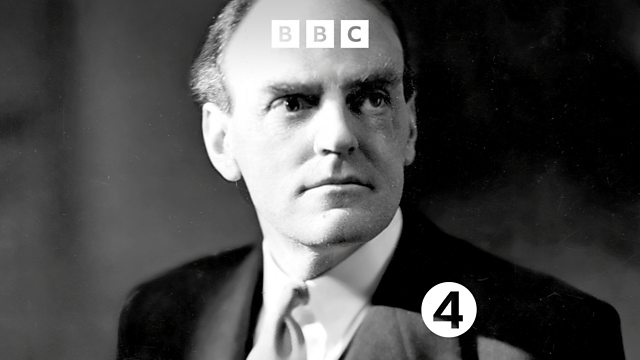Episode 6
Nick Robinson looks at the Falklands War in 1982, when broadcasters and politicians clashed over coverage of the conflict and delays in getting pictures from the Task Force.
Nick Robinson looks at the controversies over coverage of the Falklands War in his latest programme on relations between broadcasters and politicians. The invasion of the Falkland Islands in 1982 was the biggest overseas conflict Britain had been involved in since Suez in 1956. Again, the 大象传媒 and the government clashed - this time over 大象传媒 coverage and also delays in getting TV pictures from the Falklands.
The Task Force's long journey to the Falklands and the delay in receiving pictures prompted speculation about the campaign on radio and television. Newsnight appeared to cast doubt on official sources by saying, "If we believe the British" and referring to "the only damage the British admitted". Although the 大象传媒 argued that it had to guard its reputation for telling the truth, Prime Minister Margaret Thatcher complained that, "There are times when it would seem that we and the Argentines are almost being treated as equal."
More controversy followed when Panorama featured critics of the conflict under the title Can We Avoid War? But the 大象传媒's Richard Francis stressed the importance of 大象传媒 independence: "When the Argentines claimed in the first raid on Port Stanley airport that they had shot down two Sea Harriers and damaged two more, the British Minister of Defence said none had been hit and the world wondered who was right. But when the 大象传媒 correspondent aboard HMS Hermes reported 'I counted the Harriers go out and I counted them all back,' the world believed." Eventually, footage from the conflict began arriving in Britain and the success of the operation gripped the country, but relations between broadcasters and the government had been severely tested.
Tomorrow, Nick Robinson examines the clashes over the war in Iraq.
Producer: Rob Shepherd.
Last on
Broadcast
- Mon 4 Mar 2013 13:45大象传媒 Radio 4

